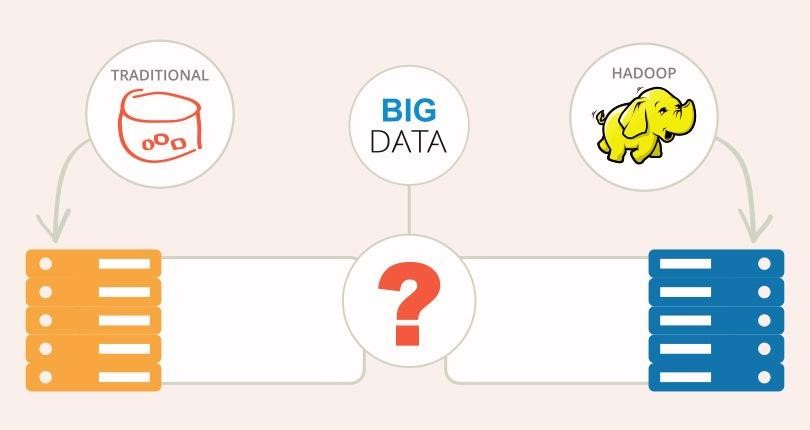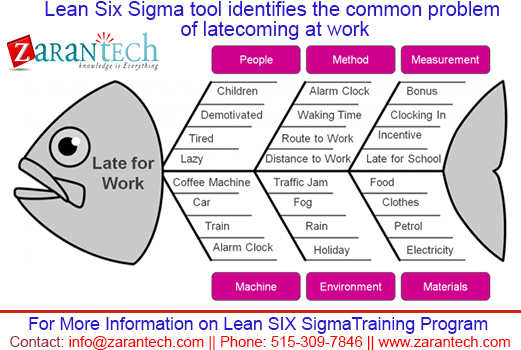Which better Serves your Big Data Business Needs?
Category: General, Hadoop Posted:Jan 25, 2016 By: Alvera AntoSource: www.qubole.com
Big data is a powerful tool for business which is looking to improve huge volumes of data for competitive advantage and profit as well. Companies must choose either one of the platform, so that it fits in all solutions for the big data problems.
To know which functionality will serve the business use case, the following are the questions need to be asked while choosing traditional system, Big Data Hadoop (including cloud-based Hadoop services, Qubole).
Questions #1: What type of data is being analysed? (Structured or unstructured)
Structured data is data that occupies within the fixed confines of a file or record. Even in large volumes, the data can be entered, stored, queried and analysed in a simple manner. Traditional database will better serve this type of data.
For example, enterprise resource planning, backup storage for large volumes of data etc.
Semi structured data is data that is not organised into special repository such as database. These data are neither raw data nor types in the conventional database. This type of data is used in data integration.
For example: Web logs that track website activity and call center logs with toll etc.
Unstructured data is data that comes from various sources such as photos, emails, text document, audio files and social media etc. As unstructured data is complex and large in volume, traditional database cannot serve this efficiently.
For example: Facebook, LinkedIn, Logs, Web chats, YouTube etc.
Without structuring the data, Hadoop has the ability to join, aggregate and analyse the multiple data source.
Thus Hadoop is the perfect tool for the companies, who are looking to store, manage and analyse large volumes of unstructured data.
Questions #2: Which database system serves better for scalable analytics infrastructure?
Traditional database will serve better for the companies whose workloads are constant and expected.
Scalability allows servers to accommodate increasing demands of workload. Hadoop infrastructure will assist for the companies who have increasing data demands.
Questions #3: Which database system implementation is cost effective?
Cost-effective is the main concern for those companies who are looking to adopt new technologies.
While implementing Hadoop, companies must realize advantages of Hadoop development more significant than the cost. Otherwise, Traditional database is best for fluctuating workloads and to meet data storage.
Nowadays, companies implement hybrid systems which integrate both Hadoop platforms and traditional database to improve the benefits of both the platforms.
Questions #4: Is fast data analysis is critical?
For large data processing, Hadoop was designed and address every file in the database. This process takes time. Fast performance is not critical for few tasks such as, performing analytics, end of day reports to review daily transactions and scanning historical data.
In other scenarios, Traditional database is the better option for the companies who rely on time-sensitive data analysis. Because traditional database performs well for analysing smaller data sets in real.
Some companies use hybrid systems, where small time-sensitive data sets are relied on Traditional database and Hadoop is used to process huge, complex and highly interactive workloads in the companies.
Questions #5: Which approach fits best?
It always depends on companies, as big data analytics providing deeper insights which are leading to real competitive advantages. Based on the persistent and careful work or effort by the companies, the best tool that fits in need is Hadoop.






 99999999 (Toll Free)
99999999 (Toll Free)  +91 9999999
+91 9999999